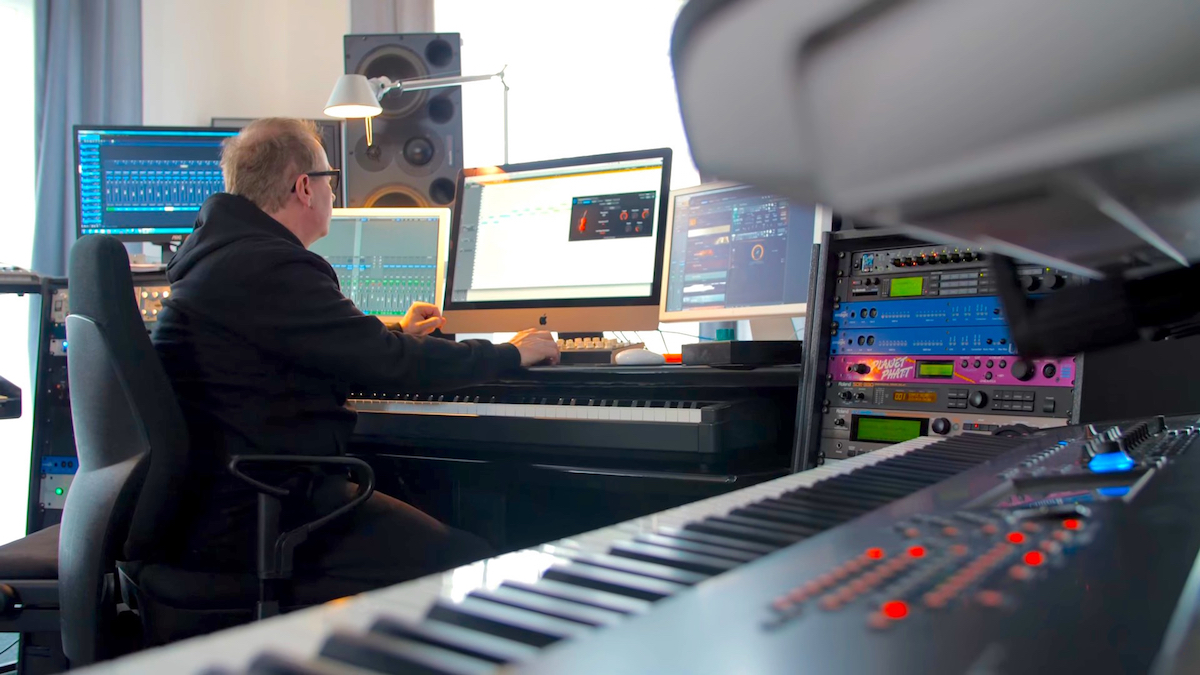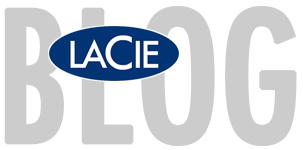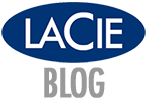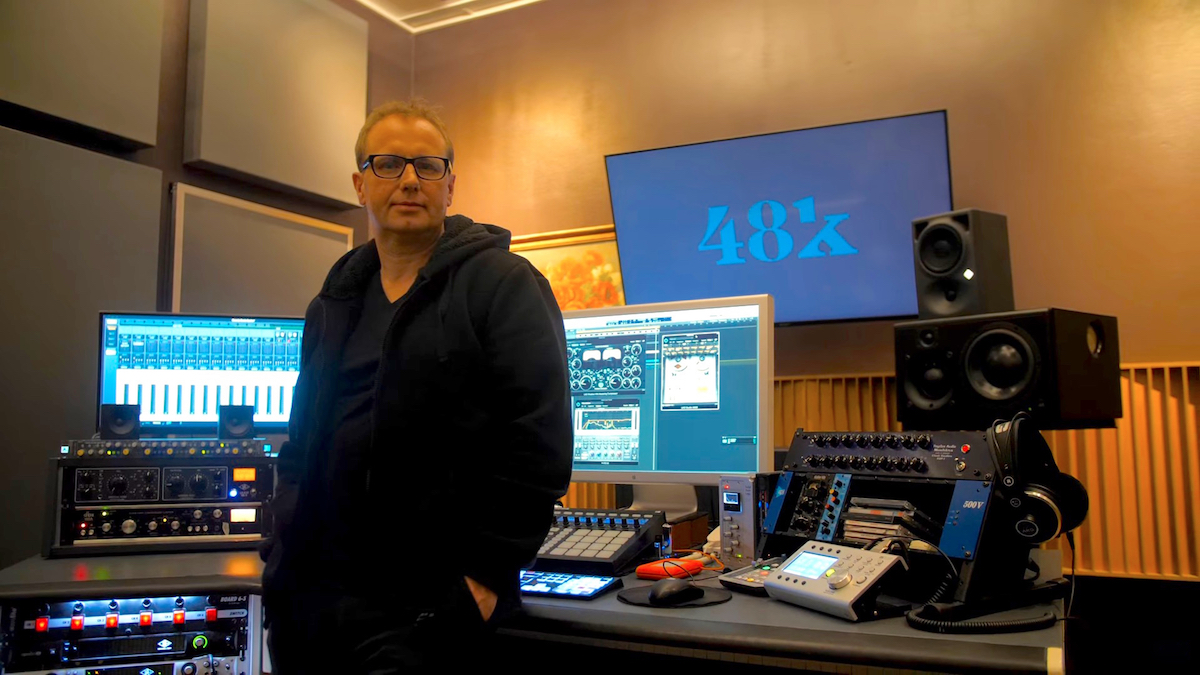
Despite the pressure musicians experience today because of the rise of streaming services as the dominant music consumption model, the German composer Thomas Berlin manages to make a good living for himself. “Technology offers challenges,” he finds, “but also provides opportunities.” Here, Berlin explains how to use digital tools to support a modern musician’s workflow.
Thomas Berlin, who shares his last name with the city he lives in, has made a name for himself composing music for television and advertisements. Berlin is the composer behind the music in “In aller Freundschaft,” the most successful German TV series of all time. Furthermore, his company 48k.studio has composed music for brands like Mercedes and Ikea. His work has earned him critical acclaim, a shelf filled with awards, and the satisfaction of having his music played by the most skilled orchestras in the world.
Berlin thrives in a business disrupted by digital transformation. His workflow has had to change completely over the years, to a mainly digital process. His music creation process nowadays is no longer centered around just instruments: data and digital tools are at least as important. While he always starts his compositions behind the piano, his workflow soon becomes digital. He composes music using digital instruments and software, resulting in huge project files on his PC.
Watch the video below as Berlin shares some of his history and workflow, then read on for his tips for musicians.
Berlin is as experienced as they come, and he knows better than anyone how to use digital technology to his advantage. Being successful not only means composing outstanding music, it also means handling an ever growing library of digital project files, recordings and samples. The entire collection needs to be accessible at a moments notice, and should at the same time be able to survive calamities such as fires or flooding. Berlin has put a lot of thought in developing his data management strategy. No wonder: his sample collection alone takes up over 12TB of hard drive space.
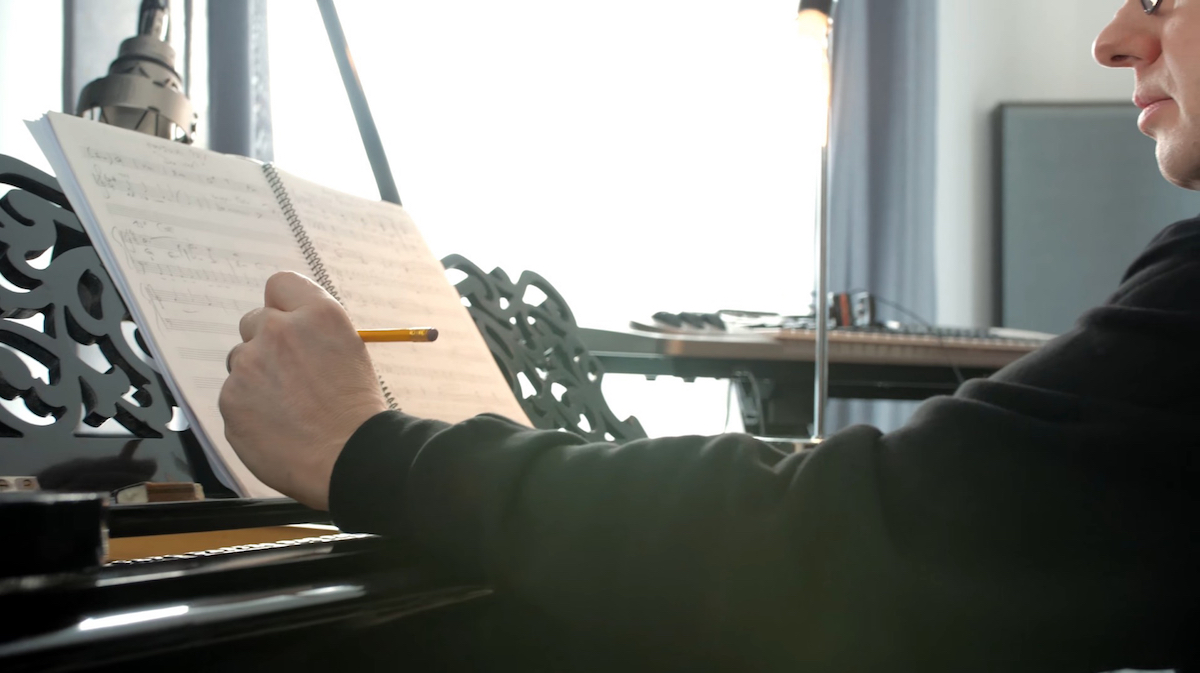
Berlin follows three golden rules to his digital music process in hand:
1. Don’t underestimate your creative output — but manage it.
“Every self-respecting musician saves his work in a high-quality lossless (uncompressed) format, which easily takes up ten times more space compared to mp3 files,” Berlin knows. “Mastering for film usually occurs in 16 bit / 48 KHz, and the importance of sounds and samples from digital libraries keeps growing.”
Add to that this truth: whatever your ambition, your digital music library will expand exponentially. Saving all the recordings of your work takes up an enormous amount of space.
That’s why it’s extremely important to keep your libraries in order, and to not just collect samples for the fun of it. Soon, you’ll spend half your time looking for the right sound.
And if you use fast drives with USB 3 or Thunderbolt 3 connections, you’ll drastically cut down on the loading times of your sample instruments.
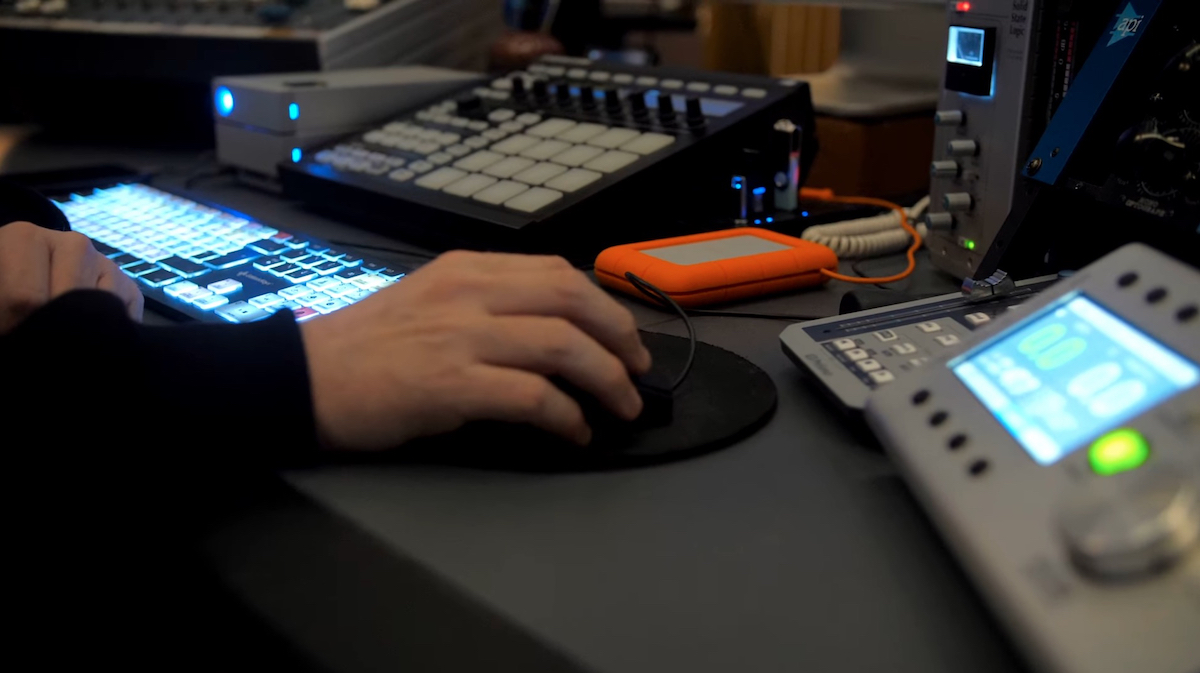
2. Protect your life’s work.
Losing an extensive sample library is annoying but survivable. Losing your life work is not. Ever since losing work one time, Berlin backups daily on a LaCie 2big Dock, using RAID 1 for extra redundancy. Furthermore, Berlin copies vital data to external LaCie Rugged SSD drives.
Berlin recommends that everyone follow the 3-2-1 rule: always have at least three copies of your files, on at least two different drives. And he advises musicians to keep one copy in the cloud as well.
For Berlin, one of the main reasons for choosing LaCie is the included Rescue Data Recovery Services: “It’s reassuring to know experts will make the effort in the lab to recover my files, even when a hard drive gets destroyed in an accident or files are deleted.”
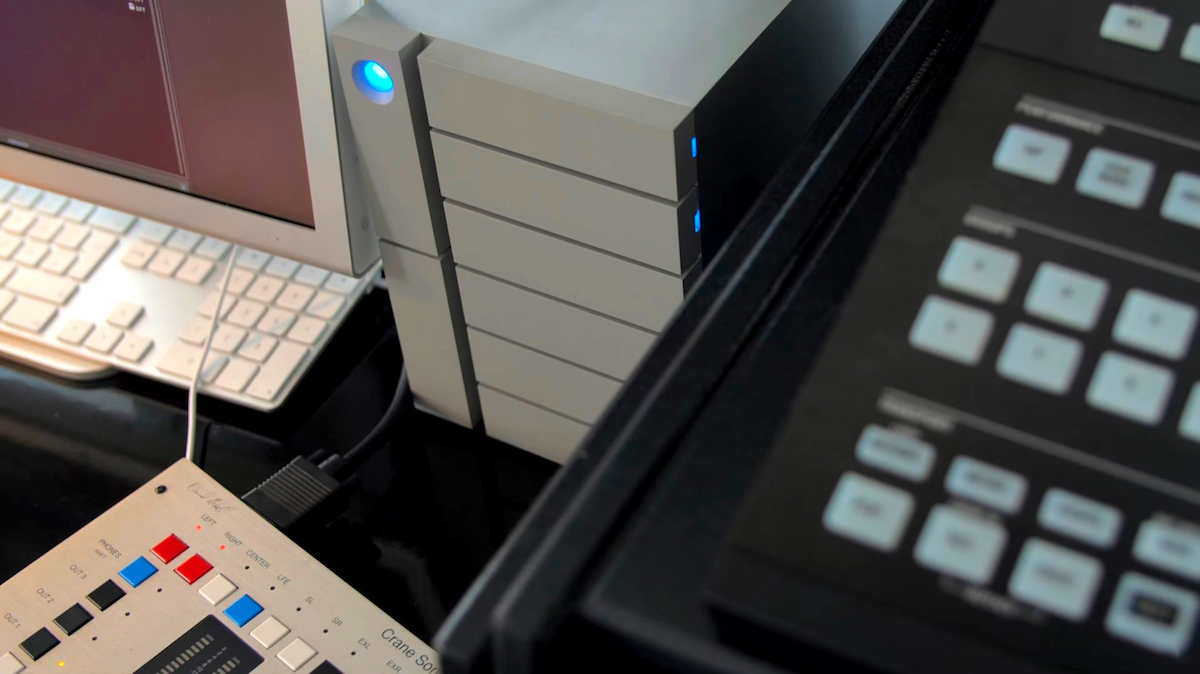
3. Don’t forget about data speed. And aesthetic design.
When you have less than a week to compose and produce music for a television episode you do not have time to mess around with slow technology. When you need to meet a deadline, you can’t wait on a slow hard drive.
When loading sample instruments, speed becomes even more critical. In the past, it took quite a while to set everything up. With USB-C and Thunderbolt-devices like the LaCie 2big, loading times are just in a completely different league.
And while it’s not critical, design is a factor in your choice of digital tools and accessories. Berlin: “Your main storage device will be front and center in your workspace, so it shouldn’t be an eyesore. It helps that LaCie devices are some of the best looking hard drives out there.”
